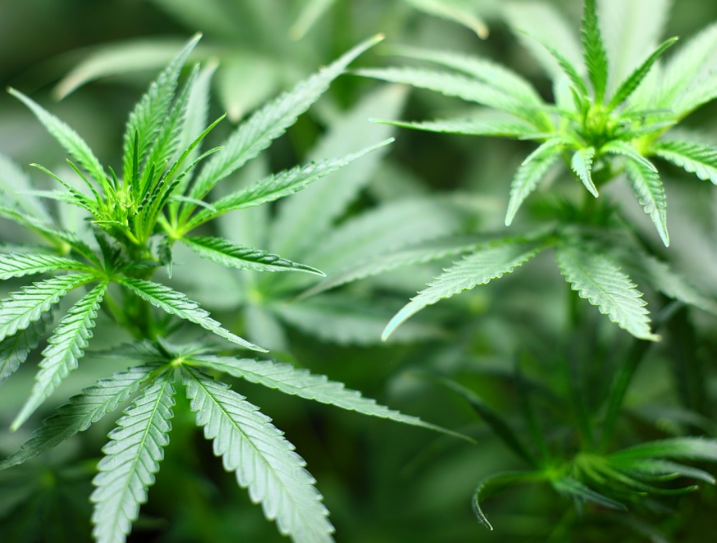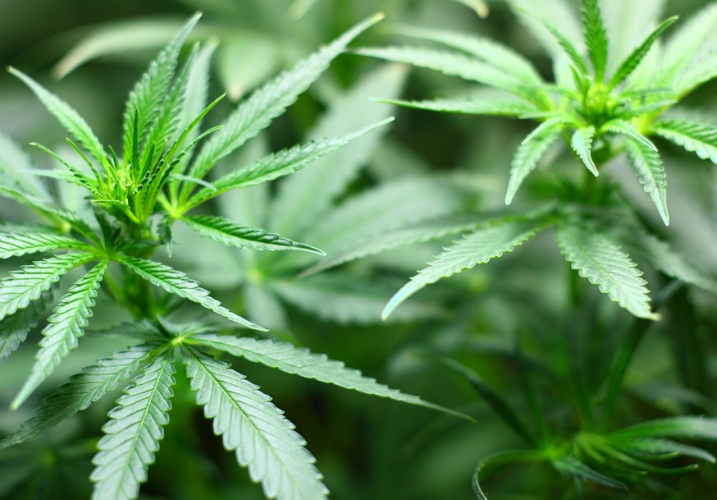A Senate committee is taking its conversation on veterans’ suicide and mental health out of Washington this week, choosing Alabama as the stage for a hearing that puts psychedelic therapies under the spotlight.
A Rare Field Hearing Outside Washington
It’s unusual to see a Senate committee leave Capitol Hill for official hearings. But this Friday, the Senate Veterans’ Affairs Committee will gather in Montevallo, Alabama, to listen directly to experts and veterans on a topic that is gathering both hope and controversy: whether psychedelics can play a role in addressing the suicide crisis among military veterans.
The choice of location is striking. Alabama, better known for its steel, football, and southern roots, is not where one expects debates over psychedelic medicine. Yet the decision reflects how widespread the crisis has become. Veteran suicide rates remain stubbornly high across the United States, including in southern states where access to specialised care can be limited.
Some see this as a symbolic move—bringing the Senate’s ear closer to communities far from Washington’s marble halls. Others say it’s a deliberate attempt to spotlight rural struggles in accessing new therapies.

Who’s at the Table
The lineup of witnesses suggests this won’t be a one-sided conversation. An official from the Department of Veterans Affairs will be present, ensuring the federal government’s position is heard. Alongside, voices from advocacy, academia, private industry, and lived experience will share their perspectives.
-
Adam Marr, representing the Veteran Mental Health Leadership Coalition, brings the urgency of frontline advocacy.
-
Steve Levine from Compass Pathways, a company researching psychedelic-assisted therapy, provides the corporate lens.
-
Jim Wright of the University of Alabama offers academic grounding.
-
Brian Schiefer, linked to Spinal Cord Injury & Diving Innovation, adds a unique perspective on rehabilitation and innovation.
Five voices, five different vantage points. And beneath their testimonies lies a pressing question: can psychedelics like psilocybin or MDMA, once dismissed as taboo, offer new hope for veterans struggling with trauma and suicidal thoughts?
Why Psychedelics Are Entering the Mainstream
For decades, the idea of psychedelic medicine sat on the fringes of science and policy. But clinical trials in recent years have shifted the tone. The FDA has already granted “breakthrough therapy” designations for psilocybin and MDMA-assisted treatments, suggesting that regulators see real promise.
The statistics are hard to ignore. According to the VA, approximately 17 veterans die by suicide every day in the United States. Traditional treatments—antidepressants, talk therapy, inpatient care—work for many, but not enough. Advocates argue that ignoring promising alternatives is a luxury the country cannot afford.
Opponents, however, warn of moving too fast. Concerns about safety, long-term effects, and the lack of large-scale research continue to fuel scepticism. They argue that desperation must not replace scientific rigour.
Veterans’ Voices at the Heart
Perhaps the most compelling testimony will come not from academics or executives but from veterans themselves. Veterans’ groups have been some of the most vocal supporters of research into psychedelics, pointing to personal experiences where traditional therapies failed.
One Marine veteran described psychedelic-assisted therapy as “like opening a window after years of being trapped in a dark room.” Others caution that the therapy isn’t a miracle cure, but a tool that worked where nothing else had.
That lived experience, often raw and emotional, is what pushes policymakers to look beyond established practices. It’s also what makes these hearings more than just policy talk—they are about lives on the line.
Alabama’s Moment in the Spotlight
Why Alabama? Some say the state’s universities are looking to become more active in psychedelic research. The University of Alabama has been broadening its mental health research portfolio, and the presence of Professor Jim Wright underscores that.
Another angle is political. Holding the hearing in the South highlights that the veteran suicide crisis is not concentrated in one part of the country. It affects both rural towns and big cities, red states and blue states.
The table below highlights how suicide rates among veterans compare across regions, showing why the committee’s stop in Alabama matters:
| Region | Veteran Suicide Rate (per 100,000) | Civilian Suicide Rate (per 100,000) |
|---|---|---|
| South (including Alabama) | 34.2 | 17.5 |
| Midwest | 32.9 | 16.8 |
| West | 37.5 | 18.2 |
| Northeast | 28.7 | 14.6 |
(Source: Department of Veterans Affairs, 2022)
The Politics Around Psychedelics
This hearing also lands in the middle of shifting political winds. Several states, from Oregon to Colorado, have already taken steps to decriminalise or regulate psychedelics. Lawmakers on Capitol Hill are watching closely.
While there is bipartisan interest in supporting veterans, psychedelics remain politically sensitive. Some senators worry about public backlash, while others argue the evidence demands serious consideration. The Montevallo hearing could influence how far Congress is willing to go in shaping policy.
For now, the committee will listen. No legislation is on the table yet. But hearings like this plant seeds that can grow into future bills or funding measures.
What’s at Stake
The stakes are clear: lives. Veterans struggling with PTSD, depression, and suicidal ideation face a system that too often fails them. Families wait anxiously for treatments that might actually work. Researchers urge patience, yet time feels short for those in crisis.
Will psychedelics be part of the answer? Or will the Senate ultimately decide the risks outweigh the potential? That remains to be seen. What is certain is that Montevallo, Alabama, will briefly hold the national spotlight as lawmakers wrestle with one of the most urgent public health challenges facing the veteran community today.




